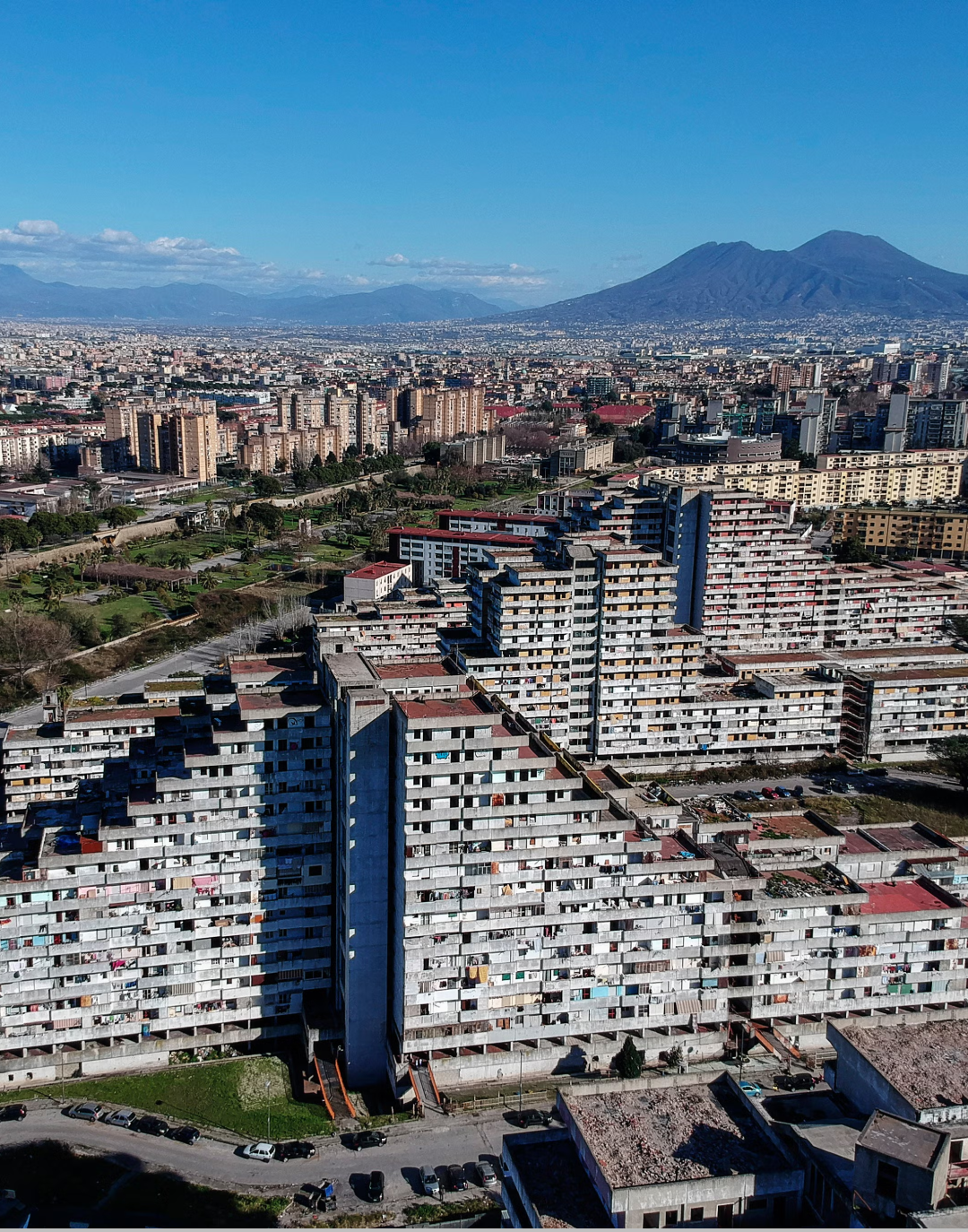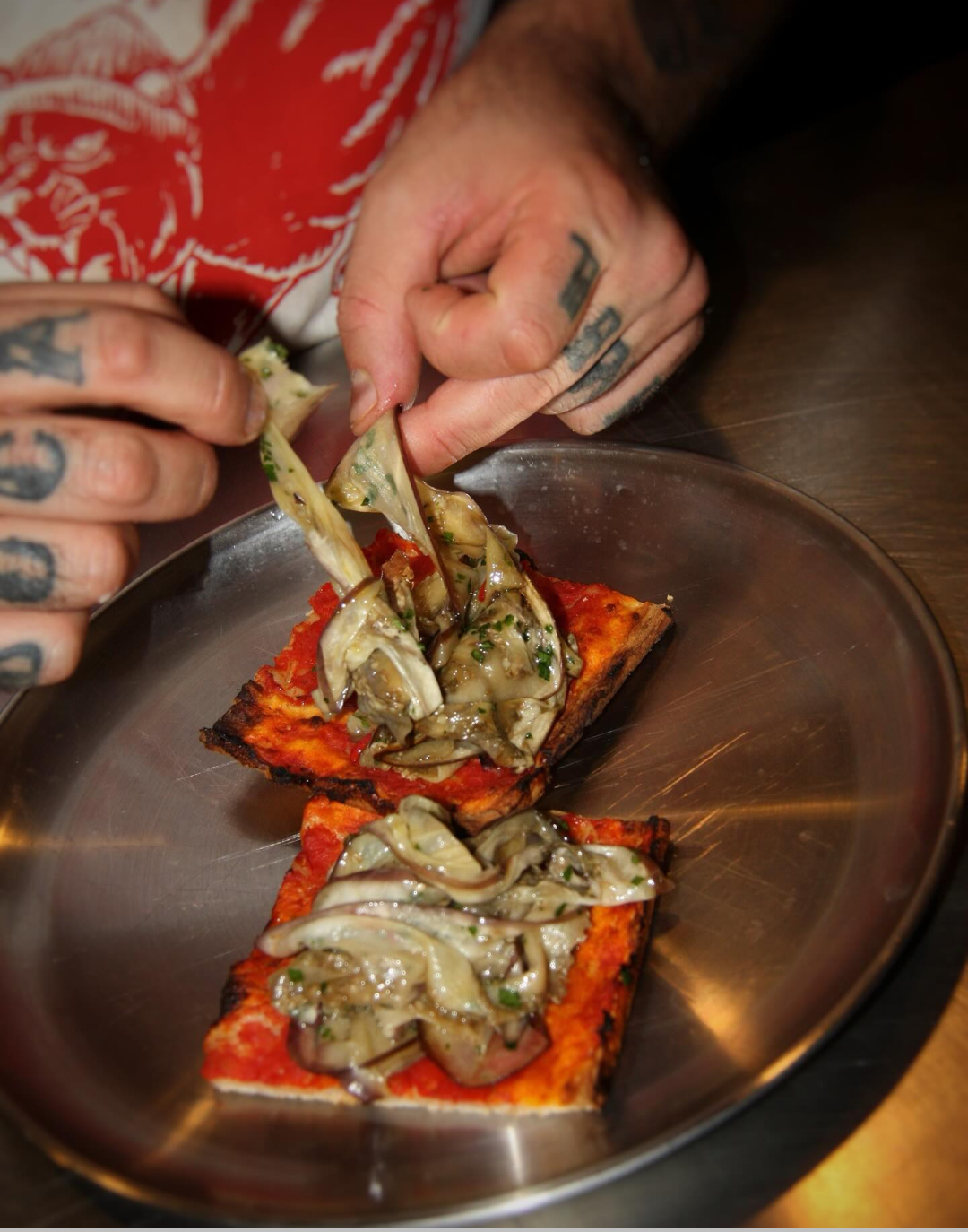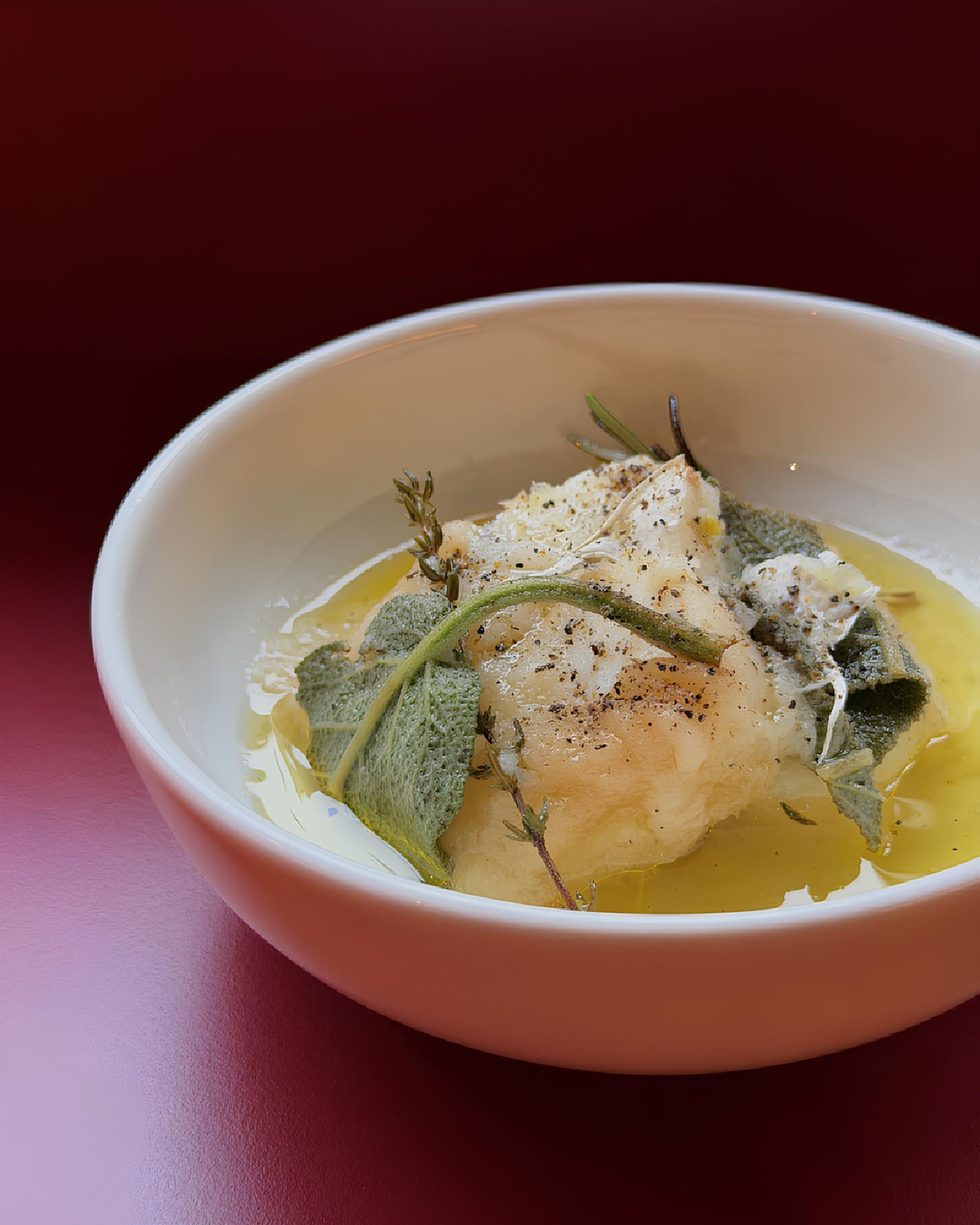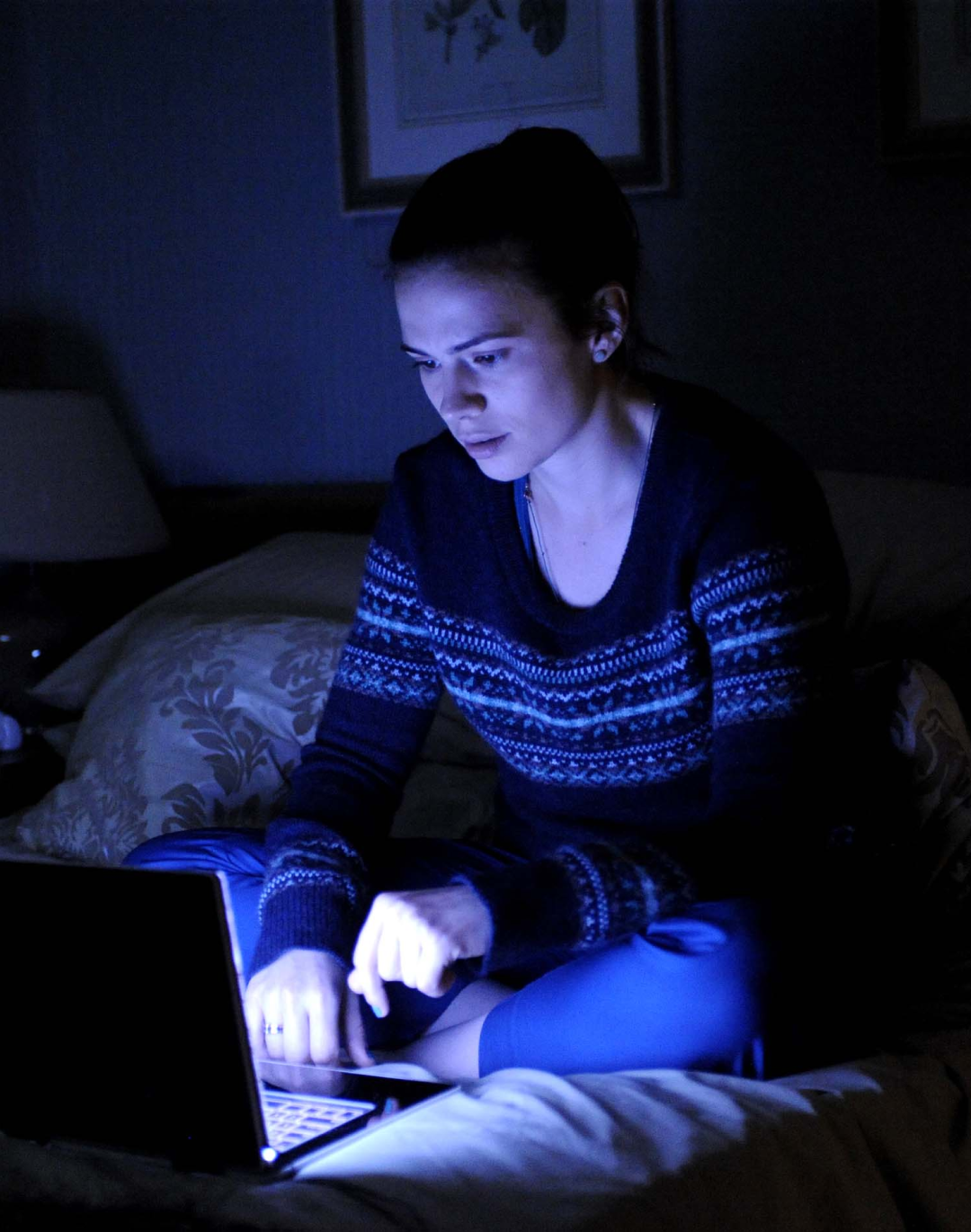
In Dubai, a pizza created by ChatGPT is a real success Dubai's Dodo pizza goes viral thanks to its special recipe
As the use of artificial intelligence in creative industries continues to spark heated debates, a restaurant in Dubai has gone viral thanks to its pizza created using ChatGPT, an innovation as groundbreaking as it is controversial. Spartyak Arutyunyan, the chef of the Dodo Pizza chain, aimed to develop a creative pizza representing Dubai's cultural melting pot. Indeed, the influencer-favorite city brings together populations from various nationalities like Indian, Pakistani, Filipino, Iranian, and Nepali. When the chef turned to OpenAI's software, he was presented with a rather original recipe featuring lamb, Indian paneer cheese, za'atar, parsley, and tahini sauce. A combination of ingredients unimaginable to Spartyak Arutyunyan, but he still decided to put the pizza on the menu, replacing lamb with chicken for greater accessibility. “As a chef, I would never have mixed these ingredients on a pizza. But still, the combination of flavors was surprisingly good,” he declared. Against all odds, it was a true success. “It was a huge hit, and it’s still on the menu,” Arutyunyan enthuses.
Buoyed by this success, Dodo Pizza chose to innovate further by allowing its Dubai customers to create their own pizzas via its mobile app, using artificial intelligence. The pizzeria then brings the AI-generated recipes to life. However, not all recipes created by ChatGPT are a success. When Spartak Arutyunyan asked the software for pizza recipes representing Dubai, some suggestions were highly questionable: strawberry and pasta pizza or blueberry and cereal pizza… Like all topics involving artificial intelligence, this Dodo Pizza success story raises questions about the ethics of using generative technologies in creative processes. Emily Bender, a linguistics professor at the University of Washington in Seattle, reminds us that AIs don’t create ex nihilo but instead draw from available online data. Thus, they can generate recipes only because they already exist on the internet. She adds that AI could have used a recipe from a food blog, potentially reducing its readership and lowering the creator’s potential ad revenue.














































